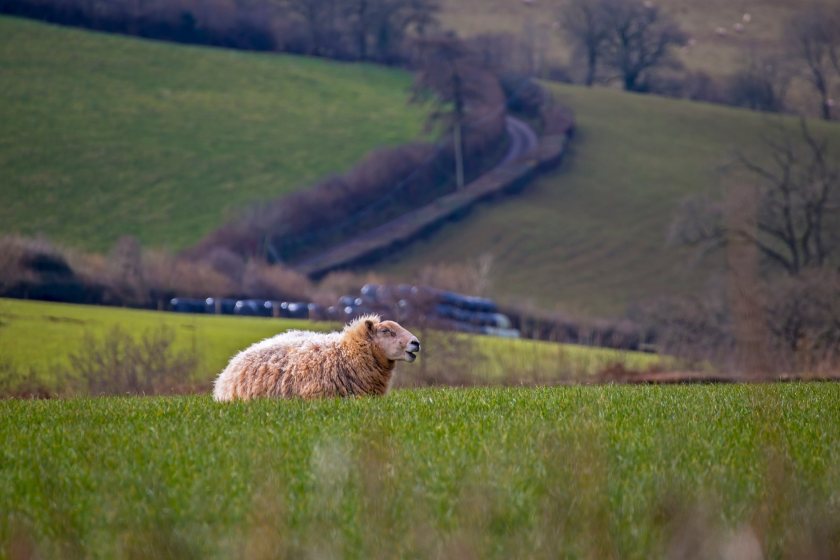
The restricted zone set up by the government to combat the spread of bluetongue virus has again been expanded to cover more areas of England.
Following the confirmation of over 170 cases, the restricted zone and infected area now covers all, or parts, of 25 counties and two city authorities.
Farmers and livestock keepers in this zone must follow restrictions on animal and germinal product movements, but movements within it are permitted.
However, susceptible animals cannot be moved out of the zone without a specific licence, and a general licence to move animals to designated abattoirs is also available.
Included in the zone are Bedfordshire, Berkshire (part), Buckinghamshire, Cambridgeshire, City of Hull, City of York, East Riding of Yorkshire, East Sussex, Essex and Greater London.
It also covers Hampshire (part), Hertfordshire, Isle of Wight, Kent, Leicestershire (part), Lincolnshire, Norfolk, North Yorkshire (part) Northamptonshire, Nottinghamshire, Oxfordshire (part), Suffolk, Surrey, Warwickshire (part), West Sussex and Wiltshire (part).
In September and October, two cases of the disease were confirmed in Wales in animals imported from England, but Wales currently has no restricted or control zones.
Defra said in its latest update: "In accordance with our policy of seeking to contain and slow the spread of disease, the restricted zone was extended on 7 December 2024.
"It follows the identification of cases in cattle close to the boundary of the restricted zone in Buckinghamshire and Berkshire."
It comes as livestock keepers in England can now use any of the permitted bluetongue vaccines without applying for a specific licence.
Defra recently announced a new general licence available for bluetongue (BTV-3) as part of the government's response in curbing the spread of the virus.
Bluetongue does not affect people or food safety, but outbreaks can result in prolonged animal movement and trade restrictions.
BTV is a notifiable disease. Suspicion of it in animals in England must be reported to the Animal and Plant Health Agency on 03000 200 301.
